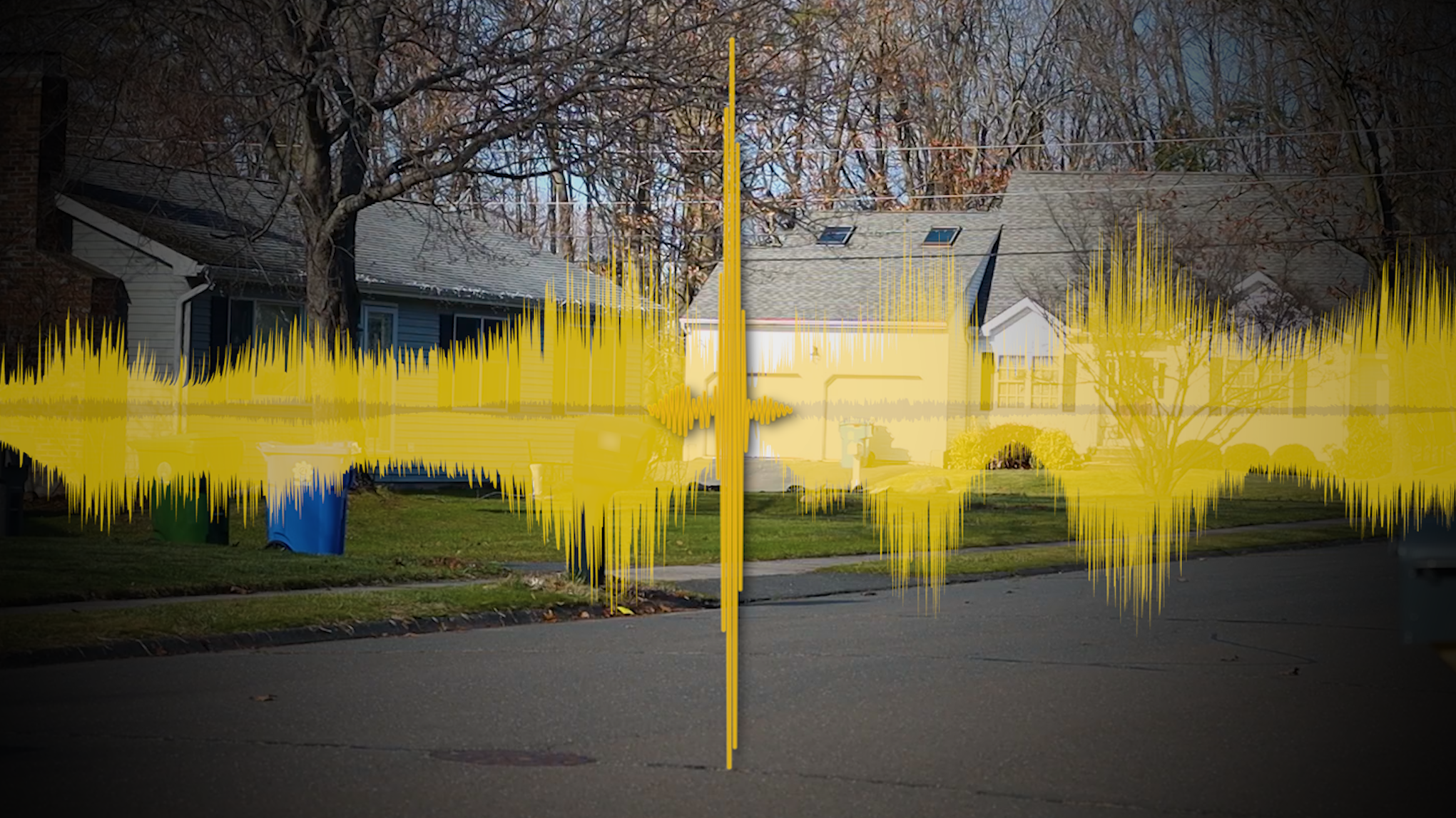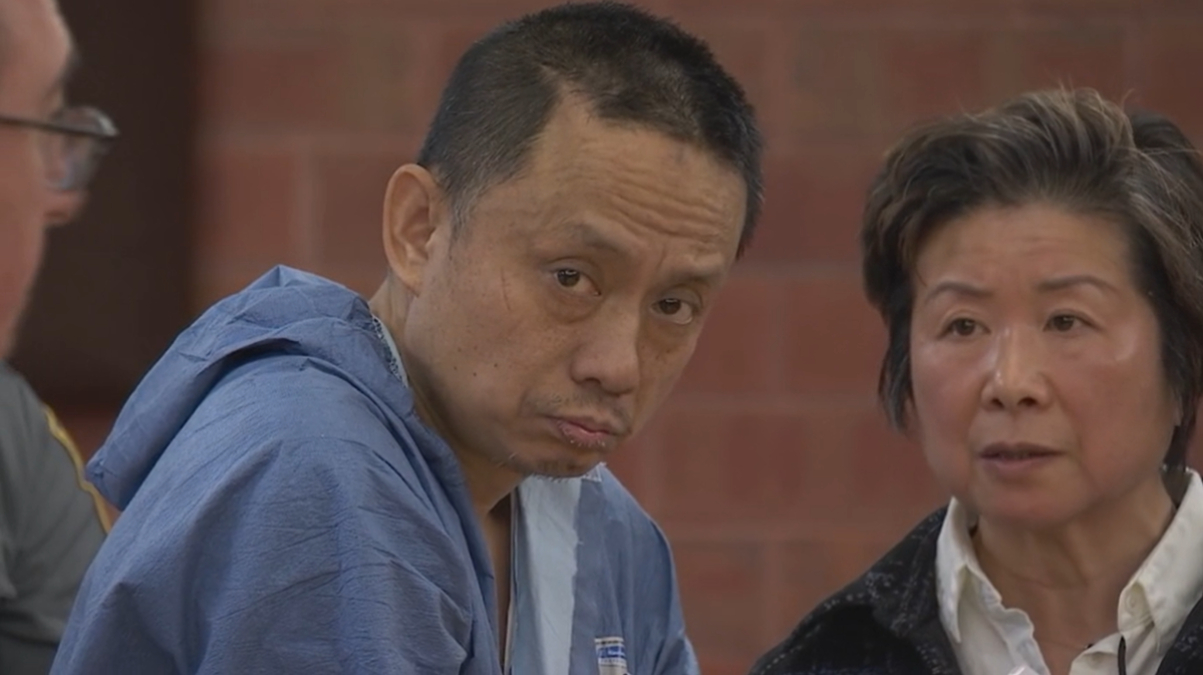This week at Quinnipiac University, human trafficking is at the forefront of conversation.
Through panels, a screening, and even trivia, law students are raising awareness about who is most vulnerable to this crime and how we can help during “Human Trafficking Awareness Week.”
It is a crime hidden in plain sight.
“A trafficked victim or survivor is not a singular type of person, it can happen to anybody,” Kate Torres, Human Trafficking Prevention Project executive chairwoman, said.
Get Connecticut local news, weather forecasts and entertainment stories to your inbox. Sign up for NBC Connecticut newsletters.
Now, Quinnipiac University’s School of Law is illuminating human trafficking.
“There are a lot of misconceptions,” Bianca Torres, Human Trafficking Prevention Project vice president, said. “People usually think of trafficking as a strange man, in a white van, picking up a random girl from the street.”
Kate Torres and Bianca Torres are two law students involved in Quinnipiac’s Human Trafficking Prevention Project, which has three pillars.
Local
“HTPP is really geared towards awareness, training and advocacy,” Kate Torres said.
With the help of their advisor, Sheila Hayre, they are behind Human Trafficking Awareness week at the Law School’s North Haven campus.
Events so far this week have included fast facts “trivia” on what makes someone vulnerable, and a screening to highlight the risks to young men.
On Thursday, a panel will feature candid discussion with two local men about their experiences of being sex trafficked.
“How did we miss them?” Sheila Hayre, Human Trafficking Prevention Project advisor and clinical professor of law, said. “These were men that were in, you know what I would say, typical homes here in Connecticut, living with parents who were supportive... just simply not knowing better what was going on when they were approached by people they knew and were being groomed.”
A second panel on Friday sheds light on labor trafficking, particularly when it comes to immigrant children.
“We’ll talk about the unaccompanied minors coming over a border, and what is Connecticut doing to resettle these children with their parents or with a safe location?” Hayre said.
The law students involved with the Human Trafficking Prevention Project say the public should be aware of potential human trafficking situations, but be cautious about reporting.
“This is something that we really advocate, that you should not act in the moment,” Kate Torres said. “We are not trying to be vigilantes or heroes, because it can, it can end up in a really great situation. But it can also end up in the worst-case scenario.”
They say reporting to police is one of the best steps to take to possibly save a life.
“Just anything that seems suspicious is important to report,” Bianca Torres said. “Because if everybody does the job of reporting, the person getting these reports are the ones mapping everything out. And then they have all this information that could actually lead to a case.”
These law students work to prevent trafficking year-round. They conduct trainings on grooming and online safety in schools, hospitals, hotels and within the foster care system.
Their Legal Justice Clinic also takes on trafficking cases pro bono, particularly for immigrants.
The Human Trafficking Prevention Project also pushes for reform in Connecticut.
“We also take on legislative work, that allows the criminal justice system to be a little bit more equitable for trafficking survivors,” Kate Torres said.
The group is also pushing for expanded HUSKY healthcare coverage for undocumented children. The efforts are all aimed at broadening the scope when it comes to addressing human trafficking.
“We should be concerned about homelessness, you know, kids getting help in school, help with drug addiction, and maybe cognitive deficits and other issues,” Hayre said. “So we can treat the kids holistically, and hopefully prevent this from happening in the first place.”
Quinnipiac University has more events this week for their Human Trafficking Awareness Week. They are free to the public, but online registration is recommended.



